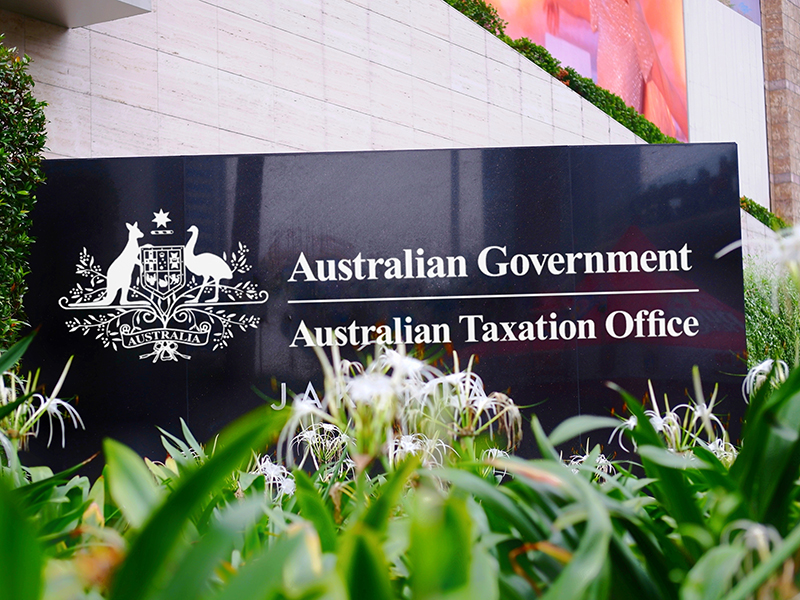
Introduced tax policy creates company vehicle accountability
Undeniably, the popularity of utes in Australia continues to grow. Many businesses and individuals believe that owning a ute, rather than a car, can provide significant tax advantages, in particular to Fringe Benefits Tax (FBT). These tax advantages have been fuelled in some part by Legislation that did not provide clarity on private use however, the Australian Taxation Office (ATO) has recently released new guidelines that have the potential to impact thousands of businesses.
Under current guidelines, drivers are allowed ‘minor, infrequent and irregular’ private use trips in commercial vehicles. However, a revised classification, which will come into effect at the beginning of the 2019 FBT year on 1 April, has been created and narrowed down to:
- no more than 1000 kilometres travelled in total for the FBT year, while ensuring that;
- no return journey for private purpose exceeds 200 kilometres.
Many vehicles purchased by businesses include utes and dual cabs due to their load-carrying purposes and potential exemption, however these vehicles are now likely to be affected by the new FBT policy and may incur a FBT liability.
In a ute or dual cab, home to work travel has previously been considered business travel, assuming all other private use is minor, infrequent and irregular, however, if you travel more than the total 1,000 private kilometres, the ATO may now have the power to consider home to work travel as being private and therefore assessable. This may lead to the company becoming liable for FBT.
If specifications are met, the ATO has stated that it will not investigate the use of the FBT exemption further. However, the employer is required to keep records, which may include the use of a log book and odometre readings, to show that the conditions are being met and that the private use of commercial vehicles is restricted and monitored. Employers who are not active in restraining commercial vehicle use are at high risk of significant FBT liabilities.

These new commercial vehicle guidelines can have serious impacts and are likely to affect any business that owns a vehicle. If you would like to speak with us about how this new policy may affect your business, please give Dennis Barnett, Business Services Partner a call on 03 5443 0344.


